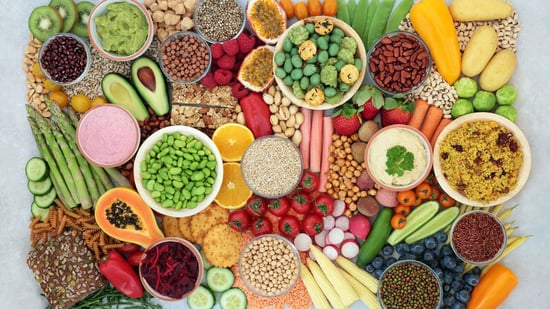Landmark Ballot Measure Bans Factory Farms in Berkeley
Blog
Berkeley, California has become the first city in the United States to implement a ban on factory farms. Here’s why that matters.

Billions of animals are farmed for their meat, milk, eggs, skin, fur, or feathers around the world. The vast majority are confined to factory farms and subjected to extreme stress, pain, fear, and cruelty.
Billions of chickens and millions of cows, pigs, turkeys, and other animals endure a tortuous, short life in factory farms each year. And it is estimated that by 2050 if nothing changes, farmed animal production will continue increasing and be at twice the scale it was in 2000.
Millions of minks, foxes, crocodiles, ostriches, and other animals are farmed at massive scale and slaughtered for their fur, skin, or feathers. The global fashion industry perpetuates the demand for animal materials by presenting them as luxury and emblematic of status.
It’s time to rethink the system.
We are campaigning for transformation at every stage. And we know change is possible.
Blog
Berkeley, California has become the first city in the United States to implement a ban on factory farms. Here’s why that matters.
Blog
World Animal Protection joined Climate Week NYC with plant-based foods, events, and games to spotlight solutions to the climate crisis and protect animals.
Explore our formal investigations and research reports.
Learn about the push to shift to only sustainable and animal-free clothing and accessories.

Subscribe to channels to learn how to “change your plate” or “change your community” to reduce meat and build a more plant-forward food system.
Subscribe Now